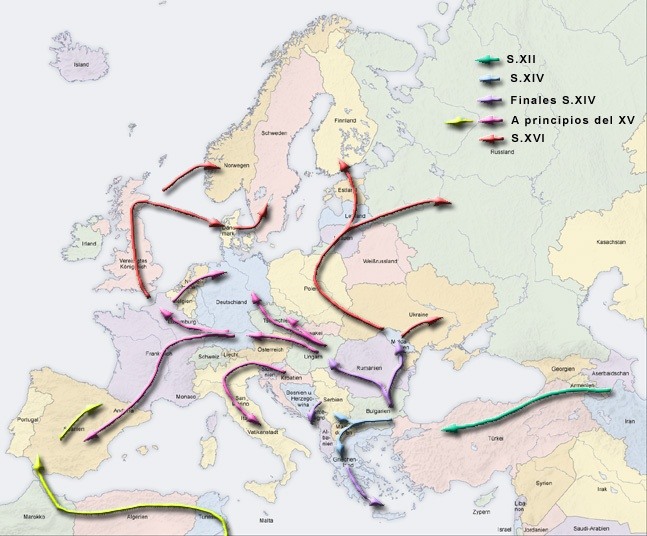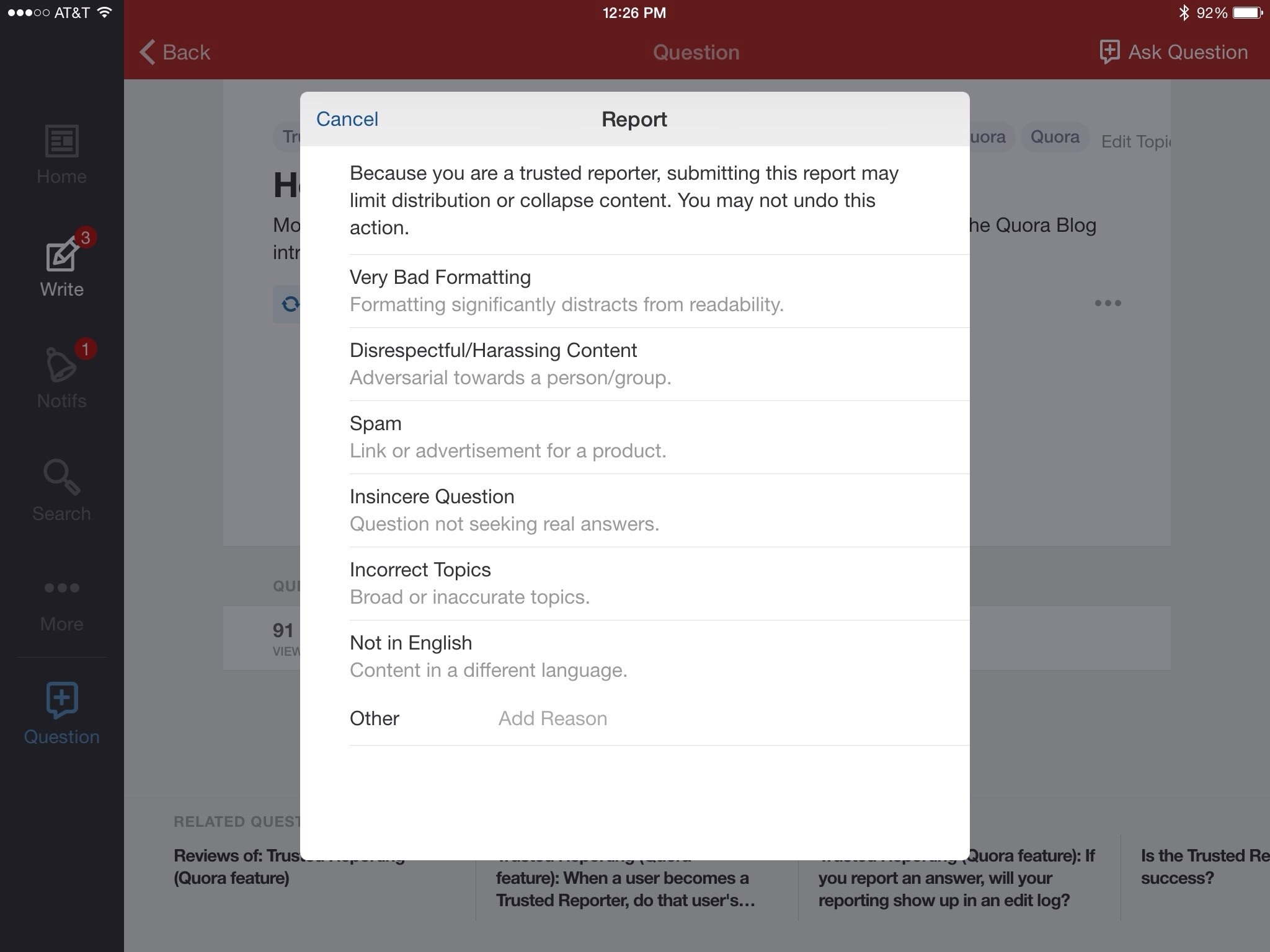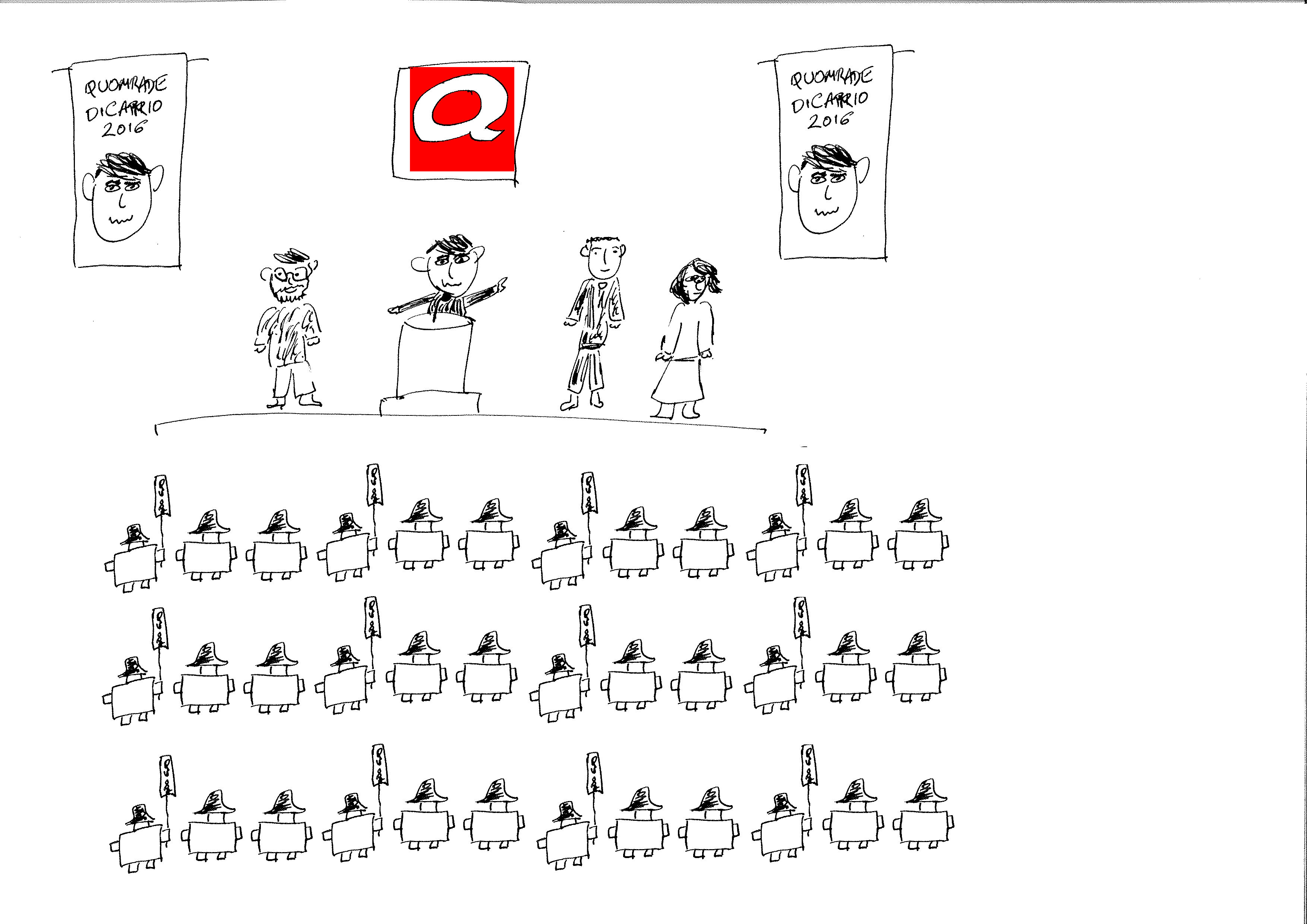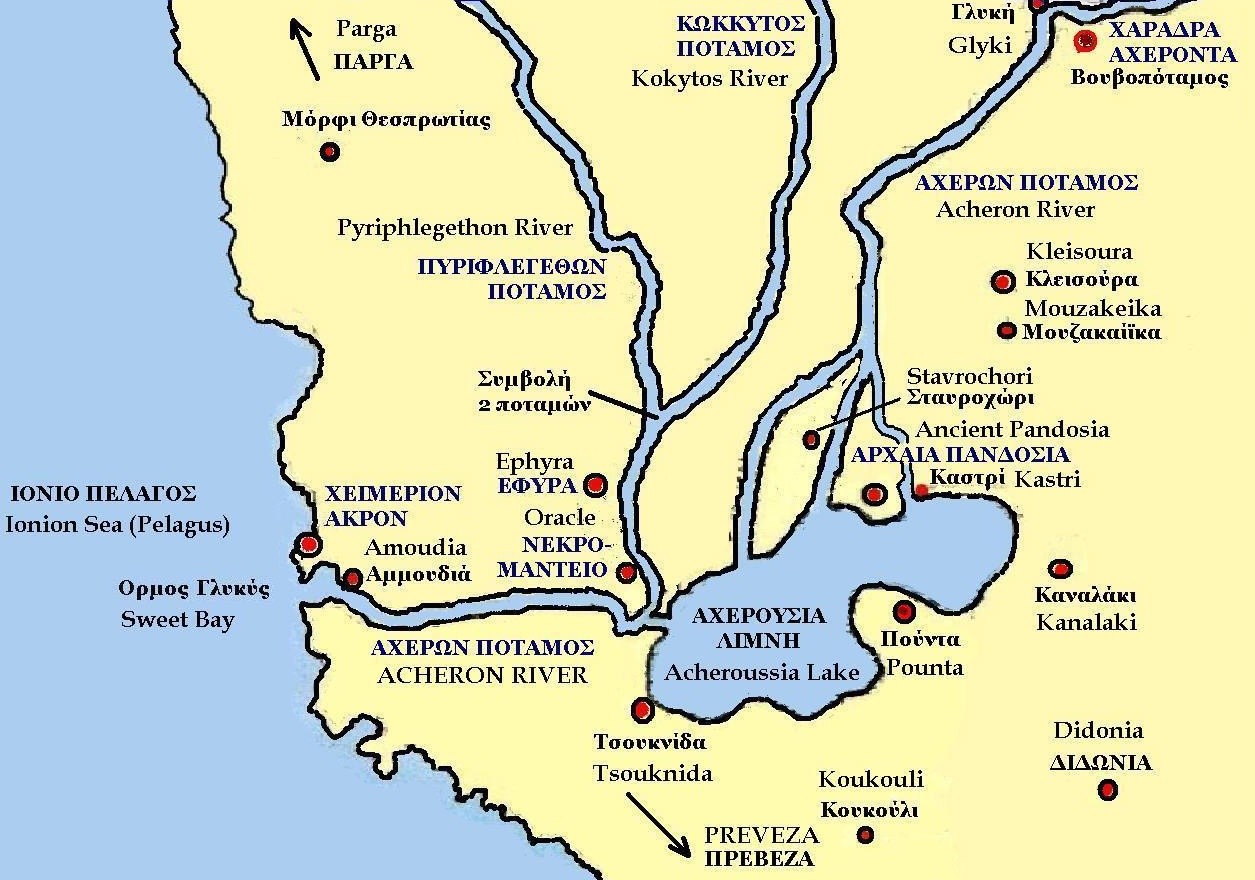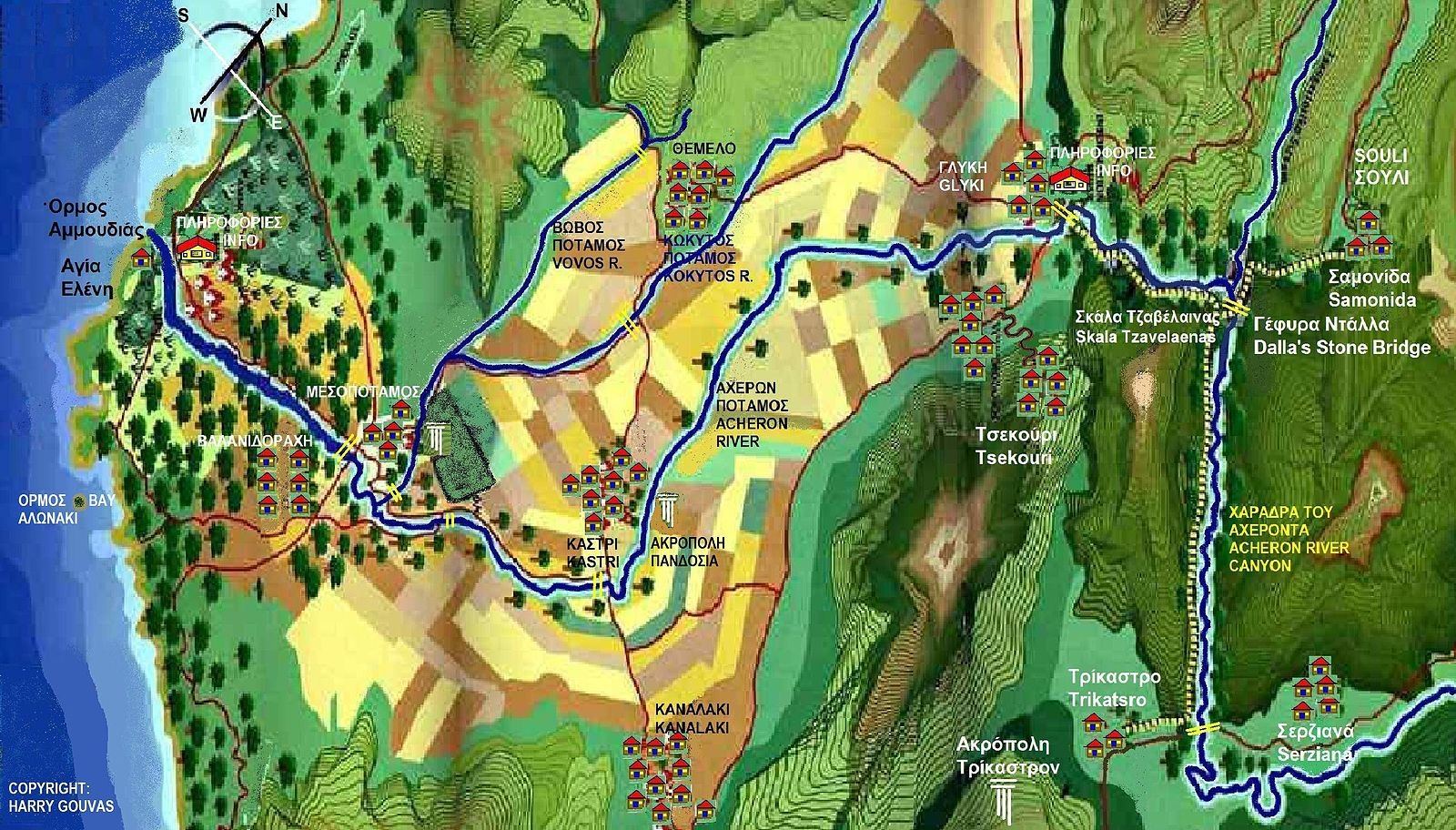Ah yes. There isn’t enough of a bulls-eye on my back in Quora already.
There are two schools of thought on the origin of Aromanians, as discussed in Wikipedia:
- A1. The Aromanians are descendants of Greeks (or at least, Greek-speakers) who were Latinised during Roman rule.
- A2. Slight variant on this: the Aromanians are descendants of Roman colonists and soldiers, who spoke Latin from the beginning.
- The Aromanians are not indigenous to the southern Balkans, and came from up north.
- B1. Romania—which would make them transplanted Romanians
- B2. Thrace, which would make them transplanted Thracians
As you will not at all be surprised to hear, Greeks prefer A1 (which makes the Aromanians Greek), and Romanians prefer B1 (which makes the Aromanians Romanian). Wikipedia seems to be weighing towards B2, which seems a little more plausible—less distance for the Aromanians to move.
What actual evidence do we have? Not a whole lot.
One piece of evidence is the Jireček Line, which divides up where Latin was probably the majority language from where Greek probably was, according to evidence from inscriptions. The Jireček Line runs north of FYRO Macedonia, much of Albania, and through central Bulgaria; that means it runs north of Aromanian territory. This corroborates B1 and B2.
A second piece of evidence is the torna, torna fratre phrase, discussed at length in Proto-Romanian language. In 587, during a military campaign in Haemus Mons (Balkan Mountains, central Bulgaria), a muleteer yelled at his mule “turn around, brother!” in proto-Romanian, in what the chronicler Theophylactus Simocatta calls “the local language”; the army used Latin for military commands, and the muleteer’s proto-Romanian “turn around” was misunderstood as the Latin command to retreat. Note that the meaning “turn” of Romanian toarnă is archaic, but torna is still Aromanian for “turn”.
The episode suggests that in 587 in central Bulgaria, proto-Romanian was the local language. The Haemus Mons pretty much is the Jireček Line, so that evidence also corroborates B2. “Haemus Mons” does not corroborate A1, even if the Greek PhD thesis about it (L’Aroumain et ses rapports avec le grec / Achille G. Lazarou) claims it does. (And the reprobate Westernising linguists I hanged out with in Greece did not have a lot of respect for Lazarou’s thesis: he had an agenda.)
So, no proof that Aromanians aren’t indigenous to Greece, FYRO Macedonia and Albania. But the theory that they migrated from what is now northern Bulgaria, if not Dacia itself, during the great migrations of the early middle ages, is somewhat more plausible.
